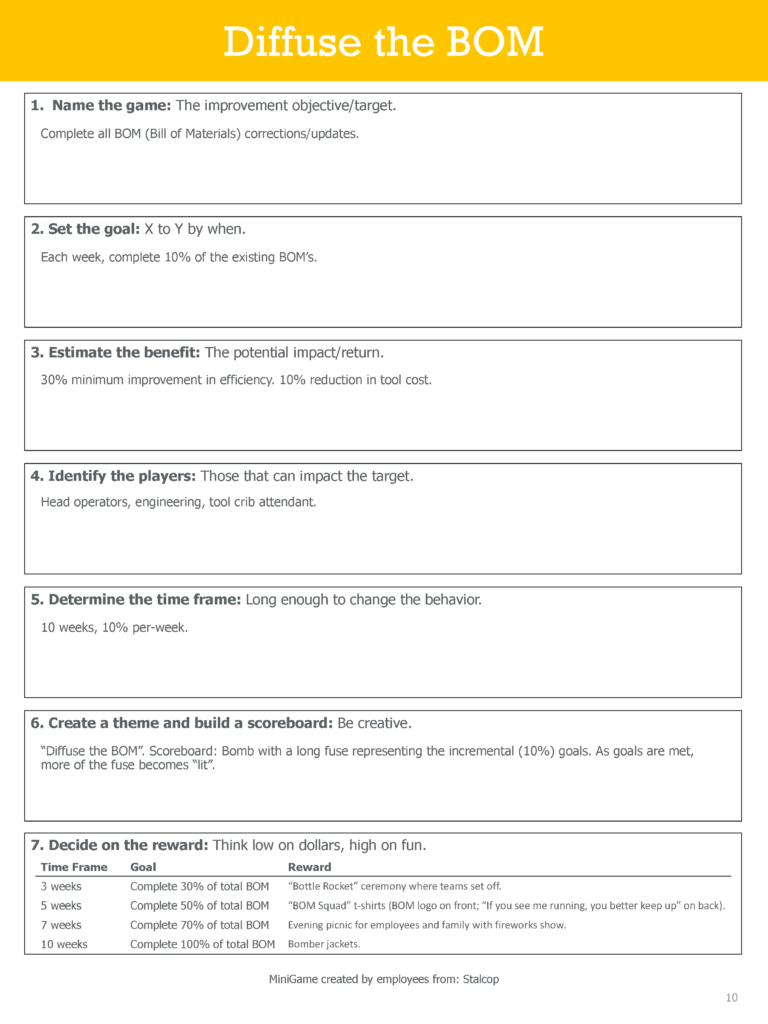Does this sound familiar?
A small building design firm begins as a humble operation with the founder (maybe two) working tirelessly to create innovative designs that would change the residential landscape of their city.
They are driven by their passion for architecture and their belief in the power of creativity to transform the world around them.
In the early days, there were struggles to make ends meet. Countless nights are spent working on projects that barely pay the bills. There is fierce competition from larger, more established firms, and often it felt like they were fighting an uphill battle.
However, unwavering dedication and commitment to excellence slowly began to pay off.
As word of their incredible designs spread, the firm gained recognition within the industry. Their client list, and staff, grew steadily, and they became known for their exceptional service and attention to detail.
Over time, a struggling startup transformed into a successful and renowned company. Their team expanded, and they moved into a sleek, modern office space, and it seemed as though nothing could stand in their way.
But then, a new challenge emerged.
The once-small team found themselves stretched thin, struggling to balance their commitment to innovation with their clients’ increasing demands.
As their success grew, so did the number of projects they took on. Completion times began to lag, and client satisfaction started to wane. Concerns about the firm’s growth potential began to surface, and whispers of doubt echoed through the halls of their once-thriving office.
The founders knew that there needed to be change. But exactly what to change was still a little fuzzy.
They gathered the team and asked them, “What is one thing that you feel we should change in the organization right now?”
Some of the greatest innovations came from some of the biggest mistakes.
Post-its are an example.
The simple question produced multiple answers, and they were flowing. So, Pads of Post-it notes and Sharpies were passed around. They stuck their comments to the wall, then categorized and prioritized them.
What is the benefit of singularly focusing on one thing at a time? That is a great way to get as many ideas as possible and then shrink them into workable themes and one singularly focused action.
Here’s a great example.
His name is Matt Jackson. He had been working with Kerbey Lane Cafe in Austin, Texas, for 12 years as an associate team leader. Matt was put in charge of managing the small-ware line.
“I found out that when you’re doing a small-ware order, usually it’s just a guessing game. Oh, I need plates. Oh, I need silverware. Oh, I need this. Oh, I need that. And we’re like, but you don’t do that with any other order.” Matt realized.
So he started counting everything and maintaining orders every week. He found that the cafe was losing 150 spoons a week. That’s a lot of spoons in the grand scheme of things.
Spoons are only $4.99 a dozen. But Kerbey Lane has ten locations. Company-wise, it’s $20,000.
What Matt discovered is crazy. And it’s much bigger than just a financial thing.
Matt is now known as The Spoon Man. And his motto is, “No spoon left behind.”
How much is your company wasting?
Can you even fathom throwing away $20,000 a year? Would that make you sick to your stomach once you figured out that you had done it? And what even makes you sicker is how much you have to sell to make up for that.
Kerbey Lane’s profit margin is 10%. It ends up that they have to sell an additional $200,000 in cheese dip and cinnamon roll pancakes to make up for just what they were throwing away.
Matt took ownership. He understood the financial impact. And he took action.
How do you get everyone on your team to think like Matt?
In his book, The Infinite Game, Simon Sinek tells us that finite games, like football or chess, have known players, fixed rules, and a clear endpoint. The winners and losers are easily identified. Infinite games with no finish line, like business, politics, or life itself, have players who come and go. The rules of an infinite game are changeable, while infinite games have no defined endpoint. There are no winners or losers—only ahead and behind.
Players like Matt have turned their work, their tasks, and their results into a game, an infinite game. They take ownership, understand the impact of their actions (both financially and socially) on others, and take action.
But how do you get everyone on your team to think like Matt?
You might refer to it as a Mission. The book Traction: Get a Grip on Your Business they’re called Rocks. At our organization, they’re called MiniGames™.
MiniGames™ is our way of engaging everyone in the infinite game. We create a shared purpose and vision, break down goals into achievable steps (just like any good game), set clear expectations for team members, and reward progress. Everyone takes ownership, understands their actions and how they impact others, and makes a meaningful effort to affect change.
MiniGames™ provides team members with a unique way to work together towards common goals and objectives while holding each other accountable and encouraging creativity. With MiniGames™, the focus is on everyone winning rather than an individual taking all the glory.
It’s about working collaboratively to achieve success. One big thing about MiniGames™ is that we compete together against a single problem, not against each other. It’s us against inefficiency, lack of revenue, or missed deadlines. We are the team. It’s not a competition within the team. We either win together or we lose together.
MiniGames™ is one of the most powerful employee involvement tools you can have.
How MiniGames™ Work
MiniGames™ are short-term contests or challenges designed to achieve specific objectives, such as improving productivity, reducing costs, or enhancing customer satisfaction. These games usually last 90 days and involve setting clear goals, rules, and rewards for participants.
MiniGames™ are played to:
- Affect A Change
- Reinforce Business Education
- Build Teamwork
- Create A Culture Of Winning
Here are some key steps to implementing MiniGames™ in your organization:
- Identify a specific goal or challenge: Choose a goal that aligns with your company’s overall objectives and can be achieved quickly. Give the game a name that relates to the goal and will set the tone for the other tasks to follow, such as designing a scoreboard.
- Create a fun and engaging game: Design a game that encourages collaboration, creativity, and problem-solving. Keep it simple and ensure the rules are clearly communicated to all participants.
- Set a timeline: Establish a start and end date for the game, allowing enough time for participants to make meaningful progress toward the goal. Ninety days, or a quarter, is the suggested timeline, with milestones set each month.
- Track progress: Monitor the performance of individuals or teams throughout the game, providing regular updates and feedback. Design a creative and fun scoreboard that is not only accessible to everyone on the team but something they can’t help but see every day of the game. Design it so that winning or losing can be determined with a three-second (or less) glance.
- Reward success: Celebrate the achievements of participants with rewards, recognition, or bonuses. This could include gift cards, extra time off, or a team-building event.
Here’s an example of a successful MiniGame™ plan played by one of our practitioners.

Benefits of MiniGames™
Integrating MiniGames™ into your organization’s culture can yield numerous benefits:
- Increased employee engagement: MiniGames™ create a sense of excitement and fun, driving employees to participate and stay engaged in their work actively.
- Improved teamwork and collaboration: By working together towards a shared goal, team members develop stronger relationships and learn to collaborate more effectively.
- Enhanced problem-solving skills: MiniGames™ encourages creative thinking and innovative solutions, helping employees develop valuable problem-solving skills.
- Motivation to achieve goals: The competitive nature of MiniGames™ drives employees to push themselves and strive for success.
- Recognition and appreciation: Celebrating achievements and acknowledging hard work through MiniGames™ helps employees feel valued and appreciated, leading to higher job satisfaction and retention.
In today’s fast-paced business environment, acknowledging hard work and celebrating successes play a crucial role in fostering a positive work culture and boosting employee morale. One unique and engaging approach to recognizing milestones and creating a sense of camaraderie among team members is the integration of MiniGames™ played within The Great Game of Business operating system.
The Great Game of Business is a management philosophy that encourages transparency, accountability, and employee engagement through open-book management, financial literacy training, and shared rewards. MiniGames™ are one of ten steps in the operating system and an innovative way to bolster this concept by promoting friendly competition, teamwork, and motivation within the organization.
Whether a small business or a micro business, the Great Game of Business creates culture and growth in any size business in any industry.
In architecture and construction, we get involved in our businesses first as technicians.
That’s how we start, and we wear three hats. We’re the entrepreneur, we’re the manager, and we’re the technician.
That’s not the problem, however.
We end up being 70% technicians and 20% managers, and only 10% entrepreneurs.
That’s the problem.
We can be better. We have it within us to build businesses that have value and can create value for those who work within them.

Steve Mickley is the Executive Director of AIBD, a licensed General Contractor, a Certified Professional Building Designer, and a certified Great Game of Business Coach. Steve focuses on helping AEC industry professionals, manufacturers, and suppliers connect and succeed.
Before his current position, he most recently was the Managing Director of SGA Architecture in Palm Beach, FL, and spent ten years as owner of a residential design firm.
Steve gets excited when he sees people, not only the business owners but the employees of those businesses that grow themselves financially and grow as people. That is, professional people.
Schedule a complimentary 30-minute coaching session at AIBD.org/meetsteve.
Download an audiobook of The Great Game of Business, by Jack Stack, along with other free resources.
